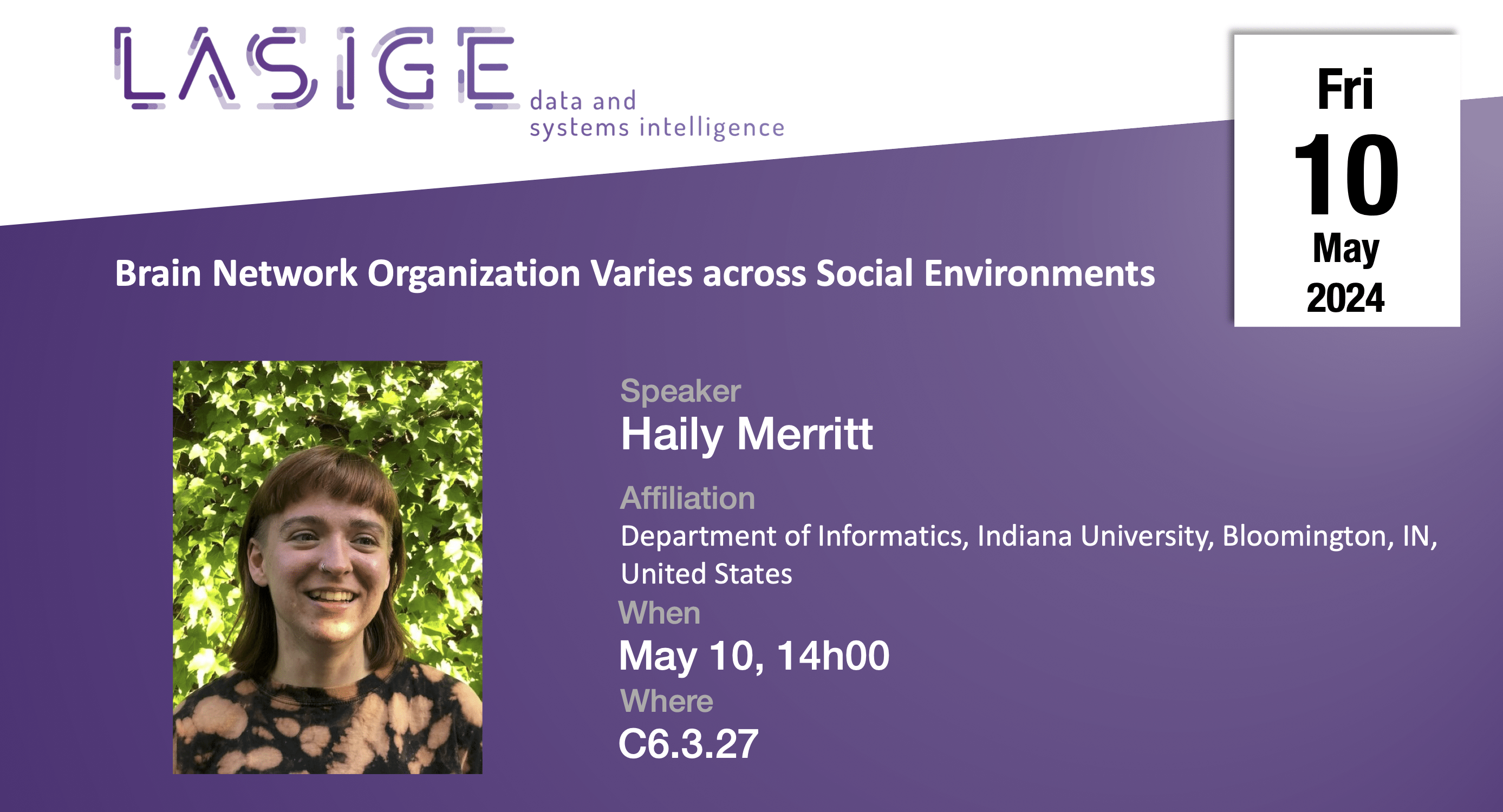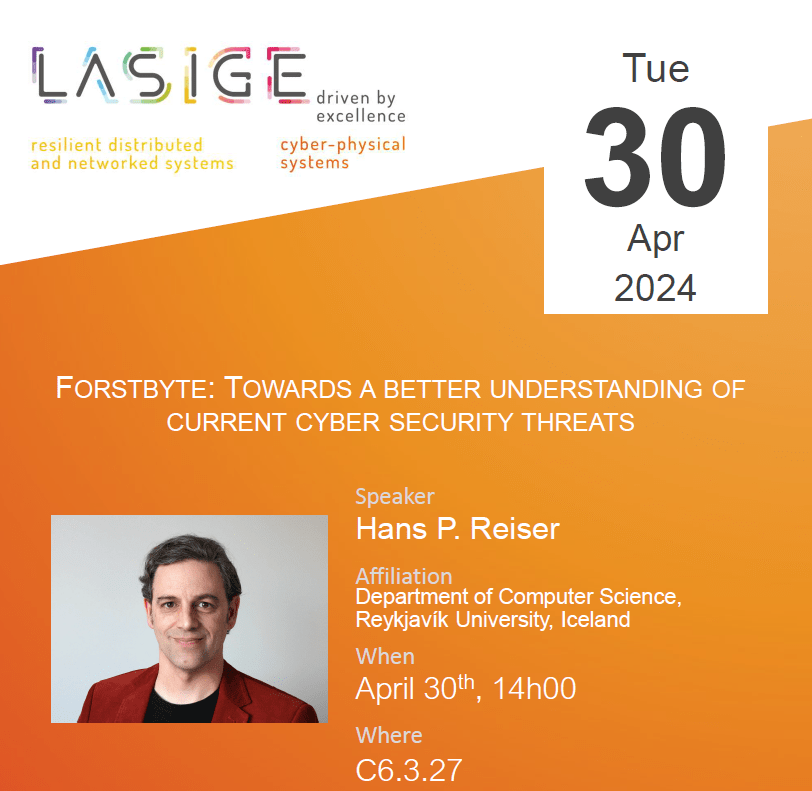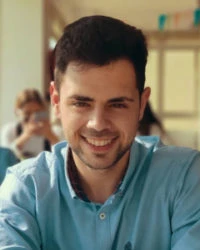RECENT
NEWS
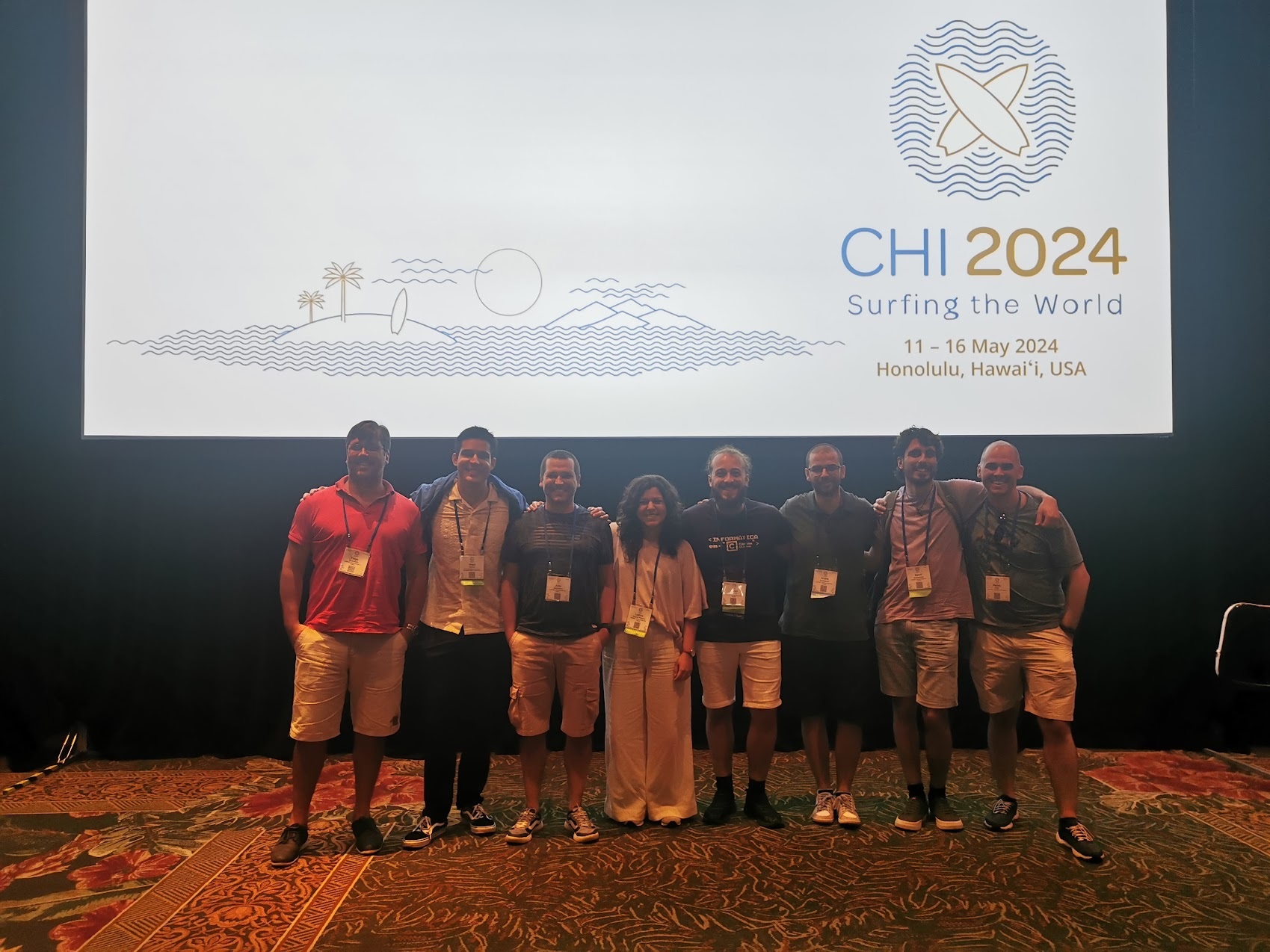
LASIGE with 5 Full Papers at CHI 2024
29/05/2024
LASIGE researchers presented five full papers at the ACM CHI Conference on Human Factors in Computing Systems (CHI 2024), the flagship venue in HCI (CORE A*). An additional paper from LASIGE’s newest member, Rúben Gouveia (with his prior affiliation), was awarded an Honourable Mention. These research efforts span the areas of Human-Computer Interaction, Accessible Computing, […]

EU SATO’s project new video released
22/05/2024
A new video about the SATO project has been released, focusing on the different user interfaces of the SATO platform developed by the project. The SATO project is funded by Horizon 2020 Research and Innovation Programme, Grant Agreement n.º 957128. Our members, Catarina Moita and Cristiana Rosa, and the project coordinator, Pedro Ferreira, can be […]
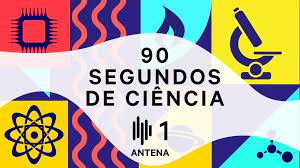
Filipa Rocha @ 90 Segundos de Ciência
15/05/2024
Filipa Rocha, LASIGE’s PhD Student, was the guest on the 90 Segundos de Ciência podcast on May 2, 2024, talking about activities that she is developing that can help visually impaired children to code programming using a robot. Filipa has developed a system that uses tangible blocks to promote inclusive digital learning for visually impaired […]
RECENT
TALKS
ONGOING
PROJECTS
Projects
PUBLICATIONS
Members
RECENT
PUBLICATIONS
SOFTWARE &
TOOLS
About LASIGE
LASIGE is a research and development unit at the Faculty of Sciences of the University of Lisbon, in the field of Computer Science and Engineering.
LASIGE has approximately 250 collaborators, including researchers holding a doctoral degree, PhD and MSc students and other junior researchers, project managers, and a team of system administrators. The current Director is Prof. Alysson Bessani.
